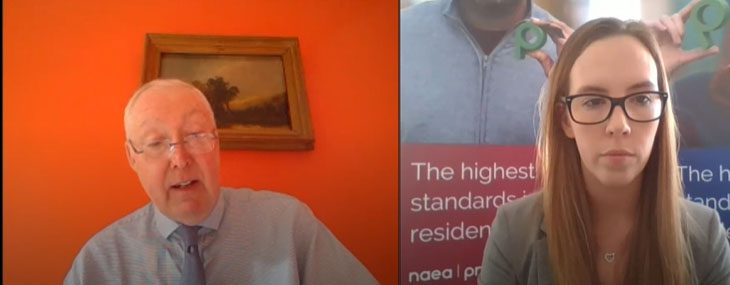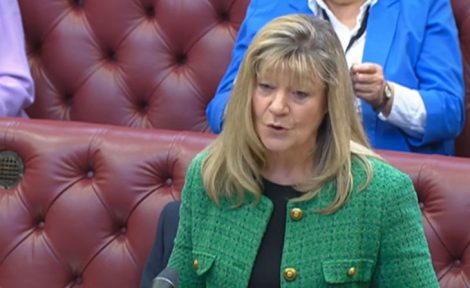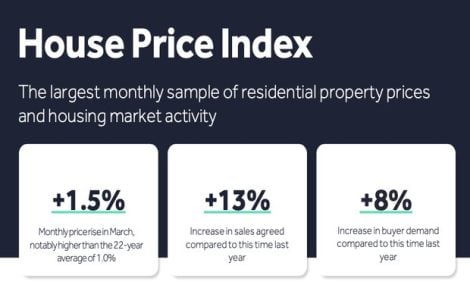RoPA: Latest update revealed by NAEA chief during webinar for agents
NAEA chief Mark Hayward has updated agents on the latest inside track on when and how RoPA qualifications and enforcement will work.

A webinar to update the industry on RoPA has revealed several new features of the draconian regulation that estate agents will face once Lord Best’s report is turned into law, most likely in late 2023 or early 2024.
This includes the likely cost of getting qualified, how enforcement will work, how long the transition period will last and confirmation on whether it will include ‘Saturday staff’, rent-to-rent operators and agent call centre staff.
The government has been sitting on Lord Best’s report since it was published in July last year, delayed as the government’s energies were initially consumed by Brexit and then Covid.
But Mark Hayward, Chief Executive of NAEA Propertymark, told agents hoping the initiative will be kicked into the long grass that housing minister Christopher Pincher remains committed to the report’s recommendations.
These include mandatory qualifications for most people working in the industry and estate agent and agency licensing.
But the questions posed during the webinar revealed that most were worried about the qualifications required under RoPA including how, when and what qualifications would be introduced.
This is crucial for agents and companies if they want to attain and then retain their licences to operate.
Hayward revealed that it would cost £500-£600 to get qualified, that novice or unqualified existing staff would have two years to attain the relevant Level 3 or Level 4 qualifications and that part-time Saturday staff would be included as would staff working in Purplebricks’ huge call centre and others like it.
Hayward also revealed that enforcement of companies and agents would work like a driving licence; after a certain number of misdemeanours, they would be lose their right to operate within the industry.
He also reminded agents that the scope of the qualifications would be very wide – taking in anyone who dealt with clients, properties or client money including those who ‘gave advice’ and, in some cases, accounts staff too.
One sliver of hope for agents feeling overwhelmed is the timetable. Hayward pointed out that it will take up to three years to get RoPA into law, and that agents will then have two years to get qualified.
“Please remember that the ‘good guys’ in the industry have little to worry about from RoPA, which is designed to exclude the rogue operators, who are now doing business on borrowed time,” said Hayward.






This Gravy train needs to be stopped, as I think it is an outrage that tens of thousands of pounds has been spent by agents on getting RoPA qualified, when it is just a talking shop.
Propertymark should refund this money, await statute, which by my calculation could be 48-months or never, and then, the question is why should Propertymark NAEA be the gatekeepers who facilitate ‘training’ and agents can not avail themselves of other bodies?
As an agency and proptech consultant, I am all for training and development, but this posturing that keeps agents in fear that they need to get their A’ level in agency ‘or else’ is wearing a little thin.
With the obvious shift in the estate agency paradigm, prompted by WFH culture and Covid-19, the real focus for industry thought leadership should be around AI and the use of technology.
Helping agents make the change from legacy groundhog systems to being more connected to their clients and ensure their businesses will thrive in the new world of technology, that is eating many agents lunches.
If agents are fed up with being threatened with the school masters slipper on their backside, contact me, perhaps there is a better way.